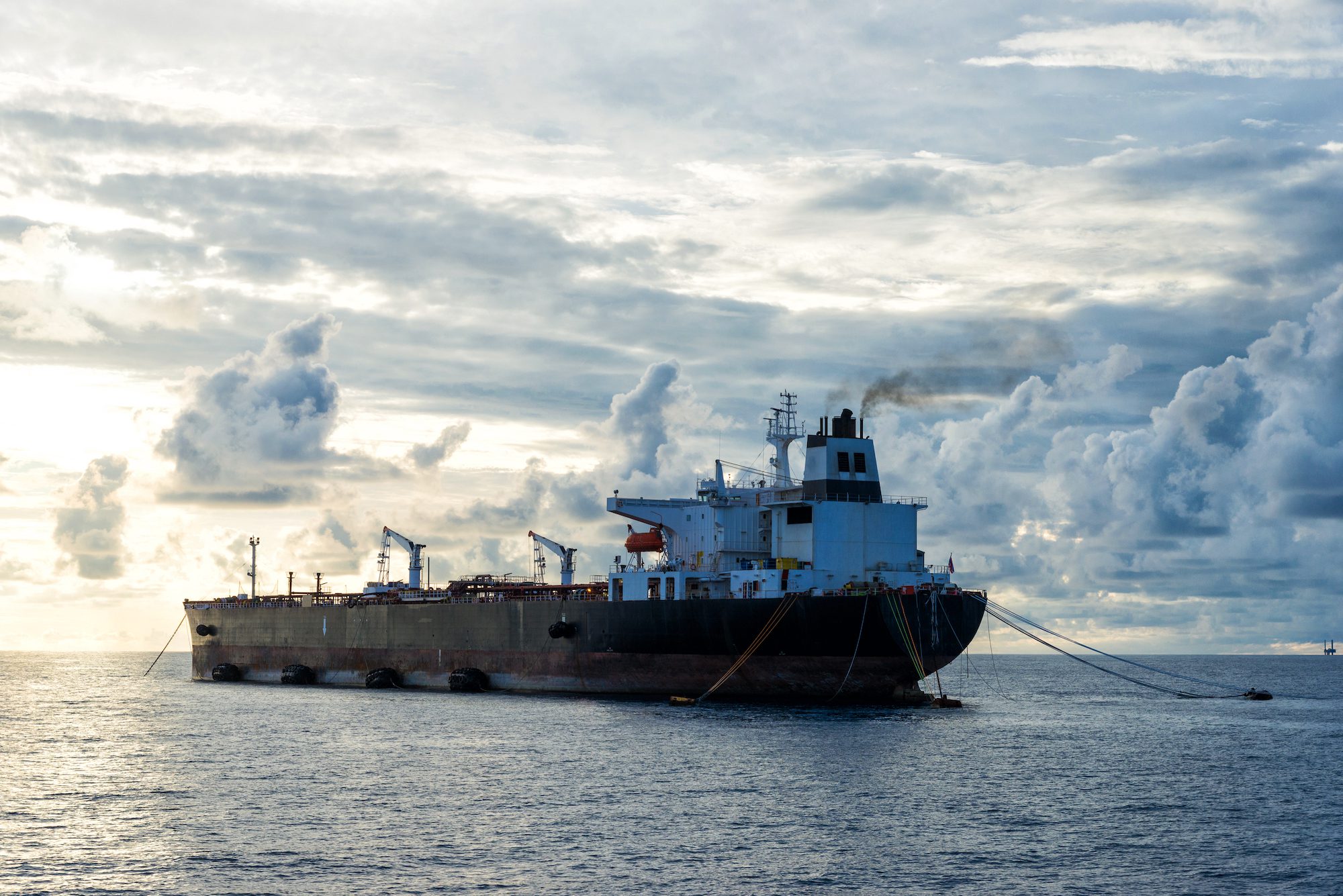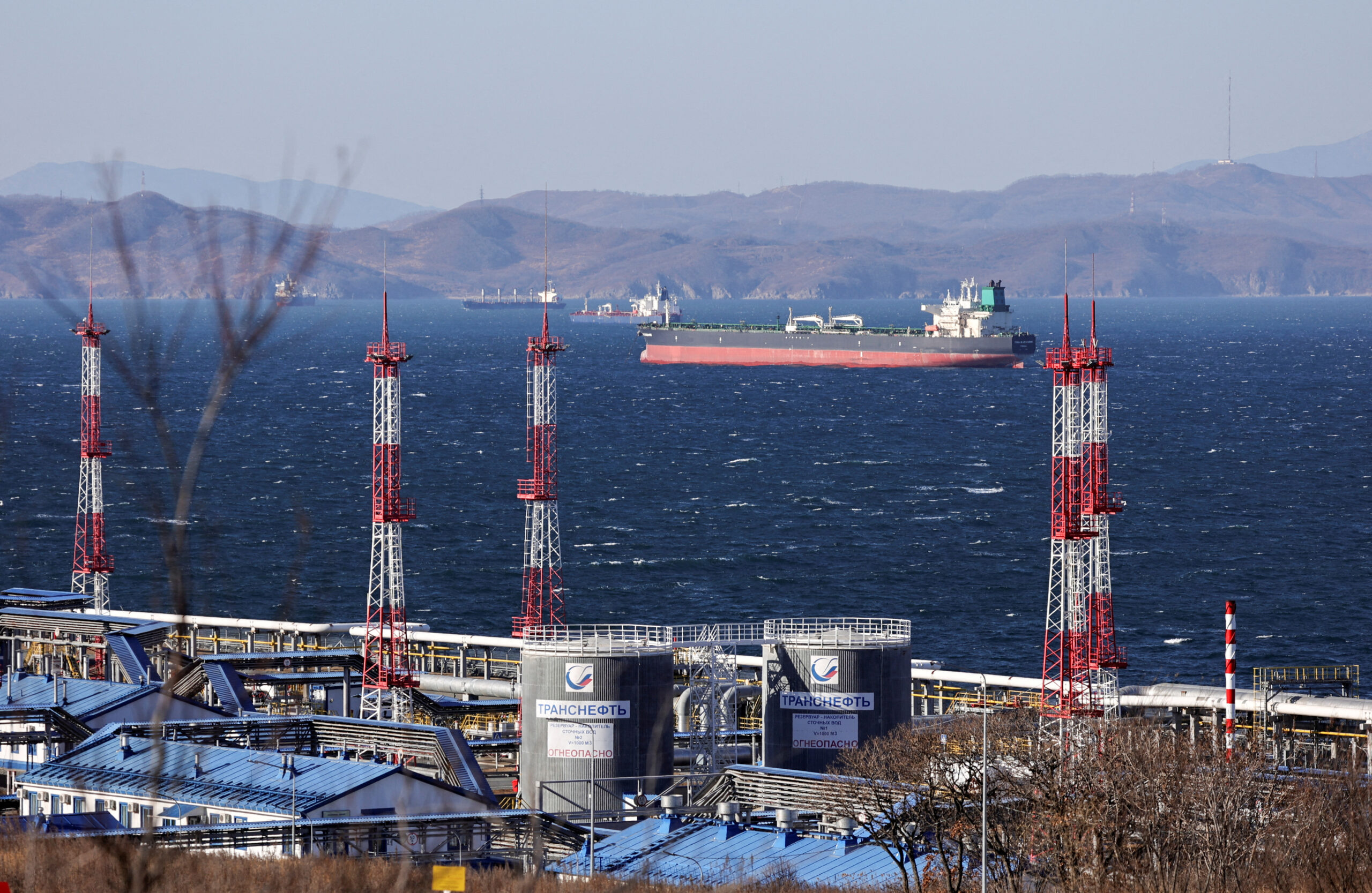Container ships sit in berths at the Port of Los Angeles, California October 15, 2014. REUTERS/Lucy Nicholson
By James Nash
(Bloomberg) — Union-led work slowdowns could shut down the 29 U.S. West Coast ports in five to 10 days, the head of the shippers’ association said, urging the union to accept a new offer that includes 3 percent raises.
James McKenna, the president of the Pacific Maritime Association, said backups and delays at many of the ports are harming farmers, manufacturers and consumers as the flow of goods approaches a “coast-wide meltdown.” He called on the International Longshore and Warehouse Union to accept management’s second formal contract proposal since negotiations began last May.
Related: PMA, ILWU Address State of Contract Negotiations
“We’re not considering a lockout,” McKenna said on a conference call with reporters, his first public comments since the talks began. “What I’m really saying is that this system will bring it to a stop. Once that happens, we really don’t have a choice.”
The association of shipping lines, terminal operators and stevedores made public details of its contract offer, including 3 percent annual raises over five years, retaining employer-paid health care, and raising pensions by 11 percent. The average dockworker now makes $147,000 a year in salary, plus $35,000 a year in employer-paid health care and an annual pension of $80,000, according to an association press release.
Federal Mediator
The previous six-year contract expired last July. A federal mediator agreed Jan. 6 to intervene in negotiations between the two sides in San Francisco. Negotiators have announced tentative agreements on health care and maintenance of truck chassis used to transport containers from ships.
After the chassis agreement was struck Jan. 27, Wade Gates, a spokesman for the maritime association, said his side was hopeful for a full contract agreement “in the near term.”
Since then, the longshore union made “significant new demands” including the right to unilaterally fire workplace arbitrators, the management association said.
Craig Merrilees, a spokesman for the 20,000-member longshore union, said the two sides continue to make progress as they negotiate this week in San Francisco.
“The number of outstanding issues is getting smaller and the differences are decreasing,” Merrilees said by telephone. “We’ll get there if everyone stays focused on solving the issues, which are easily addressed.”
Work Slowdowns
McKenna blamed the union for work slowdowns that have contributed to congestion at the largest West Coast ports, including Los Angeles, Long Beach, Oakland, Seattle and Tacoma. Twenty-two ships were queued up today at the harbor shared by the Los Angeles and Long Beach ports, up from as few as four in mid-December, according to the Marine Exchange of Southern California, in one measure of the backups confronting shippers.
Since early November, the longshore union has been dispatching fewer crane operators in Los Angeles and Long Beach and slowing cargo movement in Oakland, Seattle and Tacoma, according to a Feb. 3 maritime association presentation. McKenna said productivity at many ports is down by as much as half, suggesting that cargo movement “will collapse under its own weight.”
Delays have kept U.S.-raised Christmas trees from reaching consumers in Asia, deprived McDonald’s customers in Japan of french fries, and stranded shipments of Mardi Gras beads bound for New Orleans. Port backups have caused a “black eye” to the U.S. economy and have resulted in job losses, according to a Jan. 16 letter to negotiators from 174 trade associations, including the National Retail Federation.
‘Overseas Competitors’
“Sales of American exports remain clouded in uncertainty across Asia and our overseas competitors eagerly highlight the problems at West Coast ports as a reason not to purchase American-made or -grown products,” the letter said.
In the conference call, McKenna said the two sides remain at odds over wages, pensions, the duration of the contract and arbitration for workplace disputes. He said the sides are “far apart” on some issues and nearing agreement on others.
The parties negotiated many of the same issues in 2002 before the maritime association locked out workers for 10 days amid slowdowns. That stoppage, which ended when then-President George W. Bush invoked the Taft-Hartley Act, cost the U.S. economy $1 billion a day, the maritime association said.
A 20-day lockout now would cost more than $2 billion a day, the association said in a report last year, including losses to railroads, ocean carriers and the broader economy.
The West Coast ports handled 43.5 percent of containerized cargo in the U.S. in 2013, according to the maritime association’s annual report. Cargo moving through the ports accounts for about 12.5 percent of the U.S. gross domestic product, the association said.
–With assistance from Lynn Doan in San Francisco.
Copyright 2015 Bloomberg.

 Join The Club
Join The Club










